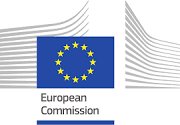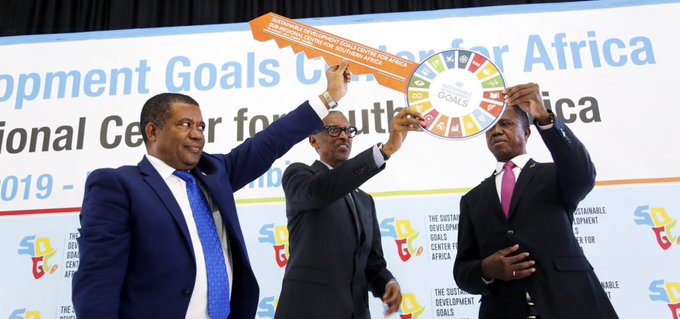Presentation of the findings from the literature review on linkages between EU trade policy, promotion of decent work worldwide and the EU development cooperation illustrated by the results of the project Trade for Decent Work
The large extent, the correlation between trade liberalization and job creation is strong, with illustrative experiences in for example the expansion of export-oriented and job-intensive industries in many developing countries. However, not all trade growth automatically leads to a growth in the number of jobs, and in some places, adjustment costs and decent work deficits have remained or even worsened. Observations from research point to the need for trade policy to work in tandem with employment and social policy and not least supporting development cooperation interventions using sustainable value chains as an entry point. The EU has taken a number of important steps to this end in the recent year, adopting several proposals for trade policy changes and communications such as on Decent Work Worldwide from February 2022.
Traditionally, there has some times been criticism from civil society and other stakeholders regarding the siloed and lack of a holistic approach between trade, employment and development cooperation policy and practice. For instance, how can trade agreements better support social objectives such as job creation and the reduction of decent work deficits? How can trade-related development cooperation (‘Aid for Trade’) better focus on expanding the quality of trade and track the impact of projects on employment dimensions?
In 2021, DG INTPA/E2 initiated a learning project to identify the tools, methods and practices that maximize the positive employment impact of trade. The project consisted of a study, based on desk research reviewing the most recent literature in the area of economic studies on the relation between trade and employment. Once the study was finalised, we organise this InfoPoint, to share the findings of the study with a wider audience for those working in the relevant areas. The project will be concluded with a shorter leaflet summarising the findings in a non-technical way to encourage discussion on relevant entry point for programme managers and other relevant staff in the Commission, among other donors and implementers.
To showcase how the study recommendations can be put in practice, the InfoPoint will also showcase a most relevant ongoing project, entitled Trade for Decent Work, implemented by the ILO and funded by the EU and Finland (current phase: 2019-2022, with EUR 7.5 million from the EU).
The project operates within a framework including a Global Facility (providing global initiatives in the area of ILS and and ad hoc support to specific needs arising in partner countries) and a Country-focused Facility supporting each year a number of target countries. In 2019, the project started in three Asian countries. Its scope has since increase covering now the following countries in Asia: Bangladesh, Mongolia, Myanmar, Pakistan, Philippines and Viet Nam and in Africa: Cabo Verde, Côte d'Ivoire, Ghana, Madagascar and Mozambique. In addition, the project also contributes to specific ad/hoc activities in Latin America (Ecuador and Peru).
The project’s objectives are focused on four overarching components:
1. Strengthening the capacity of constituents to actively participate in national processes to comply with International Labour Standards (ILS), particularly the Fundamental Conventions.
2. Consolidating the institutional capacity of the governments and social partners to fulfil reporting obligations regarding ILS, and concurrently abiding by its commitments to the EC to accept regular monitoring in accordance with international conventions.
3. Strengthening institutional frameworks to facilitate social dialogue, conflict resolution and industrial relations in order to enhance the implementation of ILS; The project is promoting the ILO Tripartite Declaration of Principles concerning Multinational Enterprises and Social Policy (2017) , referenced in EU Trade for All Policy and sustainability chapters of EU Trade agreements through trainings of tripartite constituents and other actors (e.g. OECD National Contact Points) and events on responsible business bringing together policymakers, business and trade unions, as well as international organizations.
4. Enhancing the capacity of tripartite constituents and other stakeholders such as the judiciary, parliamentarians, civil society organizations, human rights institutions, to advocate on the promotion and implementation of ILS.
Speakers
Cécile Billaux
Head of Unit, INTPA E2- Micro-economic Analysis, Investment Climate, Private Sector, Trade and Employment
David Cheong
Adjunct Professor of International Economics at SAIS Europe
Phouangsavath Chittarath
Senior Legal Specialist, International Labour Standards Department, International Labour Organisation (IL0)






